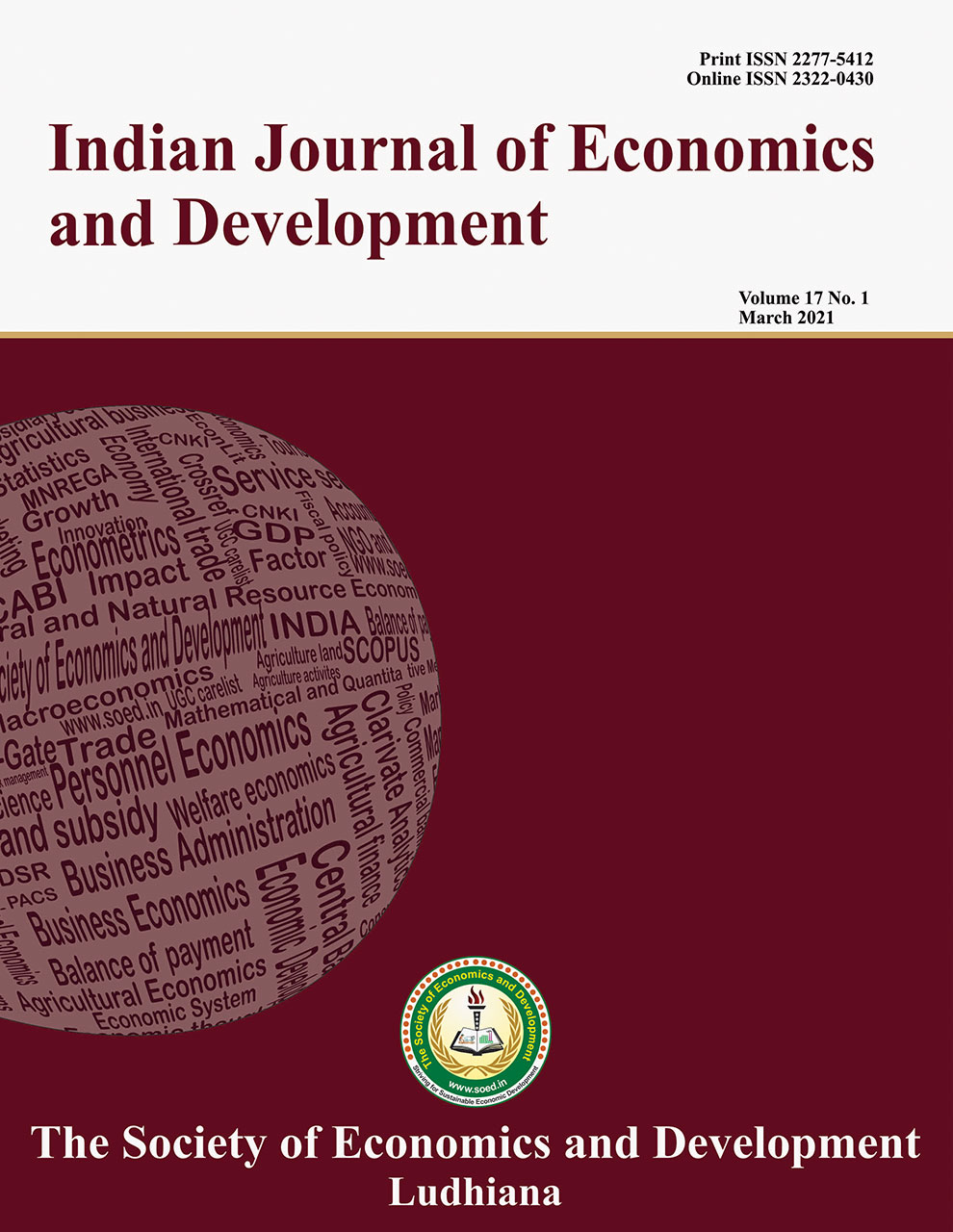A Review on Understanding Blockchain Technology in Global Supply Chains; Opportunities and Challenges for Agribusinesses

Price: ₹ 500
Author: Richard Kwasi Bannor and Samuel Kwabena Chaa Kyire
Author Address: Department of Agribusiness Management and Consumer Studies, University of Energy and Natural Resources Sunyani-Ghana
Keywords: Agribusiness, blockchain, challenges, opportunities, supply chain, traceability
JEL Codes: M11, O14, O33, Q55
Abstract
The present study was conducted to
systematically investigate blockchain technology adopted in global supply
chains, its potential opportunities and challenges of implementation. The
Mendeley database was used to gather English papers on the blockchain domain.
Descriptive findings from the review showed that research on the topic was
predominant in 2020, which could be attributed to the COVID-19 outbreak. Also,
transparency, trust-building and traceability were the most acknowledged
benefits of blockchain technology in supply chains. Despite these benefits,
some underlying challenges impeding blockchain implementation include the high cost
of adoption, limited knowledge on blockchain architecture, and lack of formal
laws and regulations of blockchain platforms. Therefore, it is recommended that
intense education and capacity-building training should be channelled to
supply-chain firms. Further, government and stakeholders should focus on
scaling the blockchain-enabled supply chain to ensure the continuous distribution
of goods and services in the wake of any unforeseen pandemic such as COVID-19.
As such, research targeted at investigating small-scale agribusinesses'
readiness to accept blockchain technology would be necessary.
Description
Indian Journal of Economics and Development
Volume 17 No. 4, 2021, 917-927
DOI: https://doi.org/10.35716/IJED/21283
NAAS Score: 5.15
Indexed in Clarivate Analytics (ESCI) of WoS
Indexed in Scopus
UGC Approved



